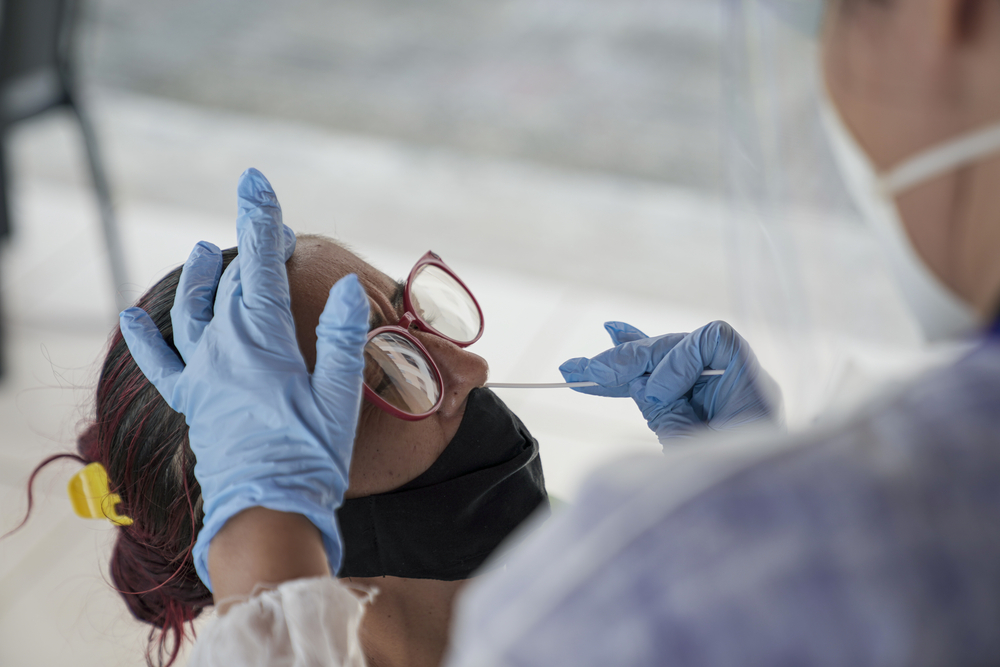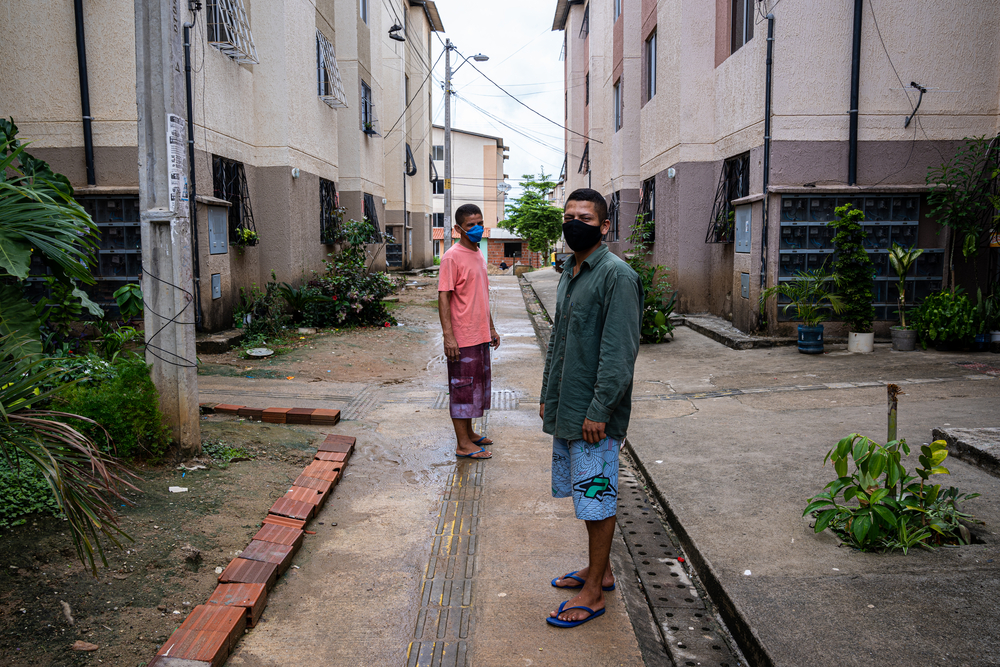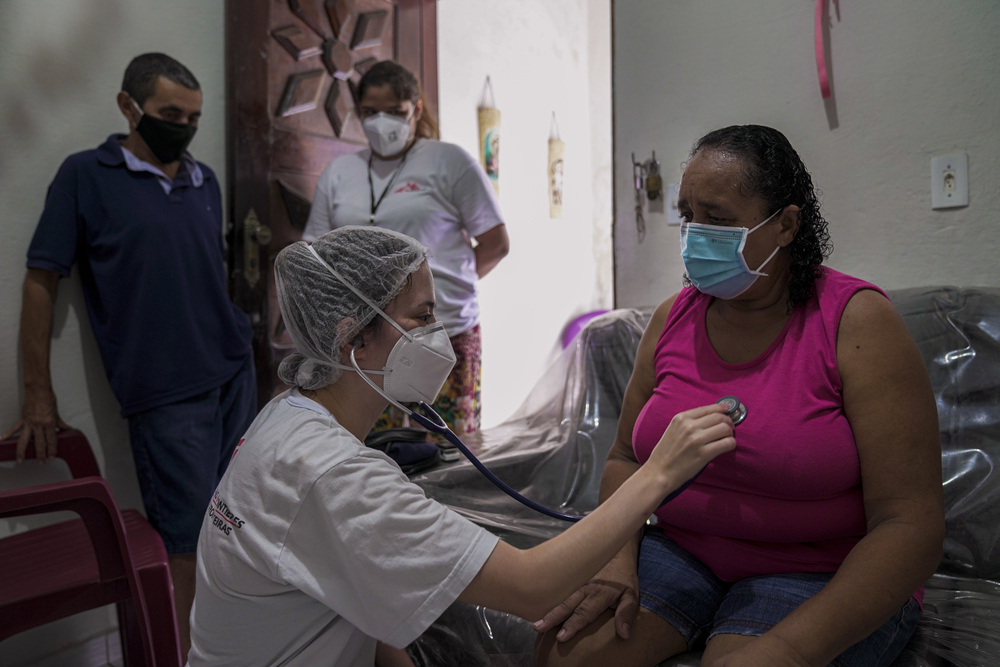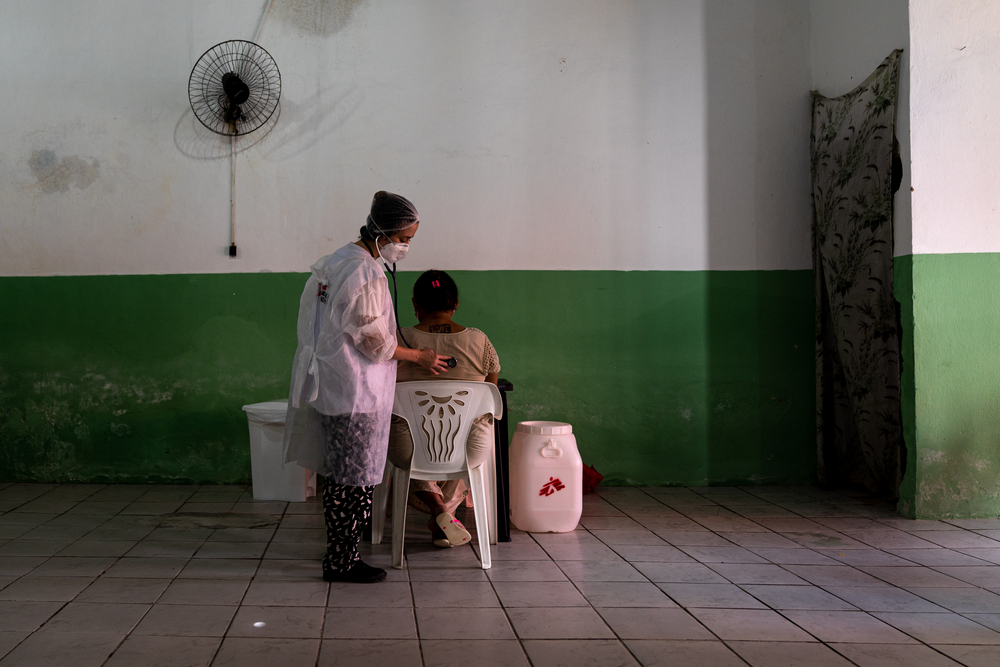Brazilians now account for over 500,000 COVID-19 deaths and the average daily COVID-19 fatality rate has crept above 2,000 people a day for the first time since May. Likewise, the number of new cases has also rise to more than 70,000 a day. This is not far from the highest average of more than 77,000 per day reached during the peak of the second wave in early May.
“In Brazil’s case, it is hard to say if we are starting a new wave, because the truth is that there has never been a substantial drop in cases since the beginning of the pandemic," says Antonio Flores, MSF infectious disease specialist. He explains that what we have seen so far are cycles—after a peak, there is a moderate fall, and then a stabilisation at a high plateau before cases start rising again.
“Throughout the pandemic, Brazil has been in almost continuous danger of having an acceleration of cases and deaths."




